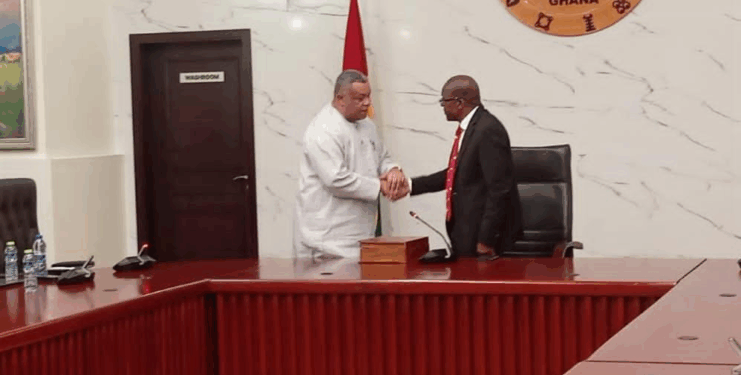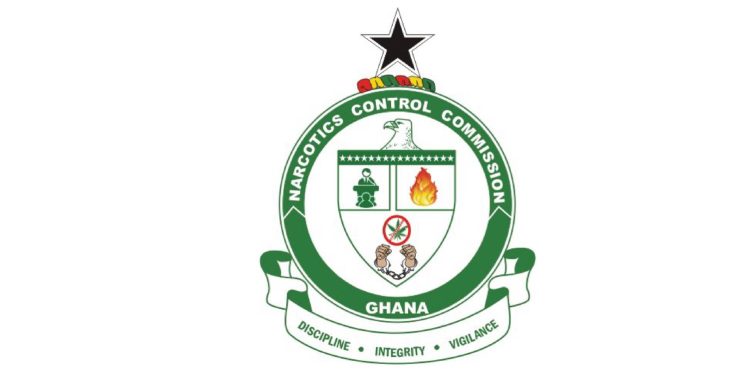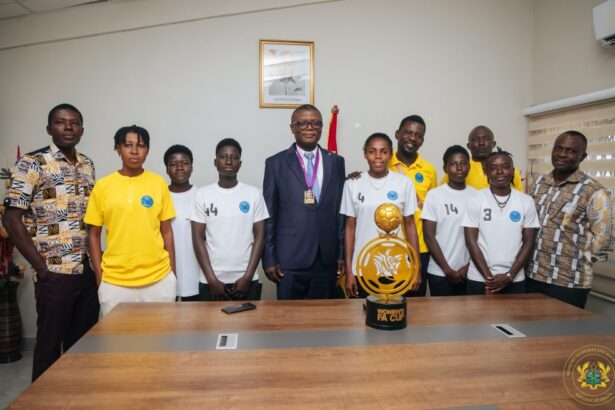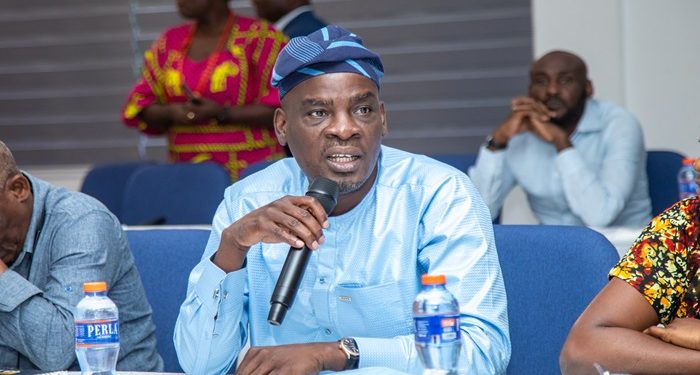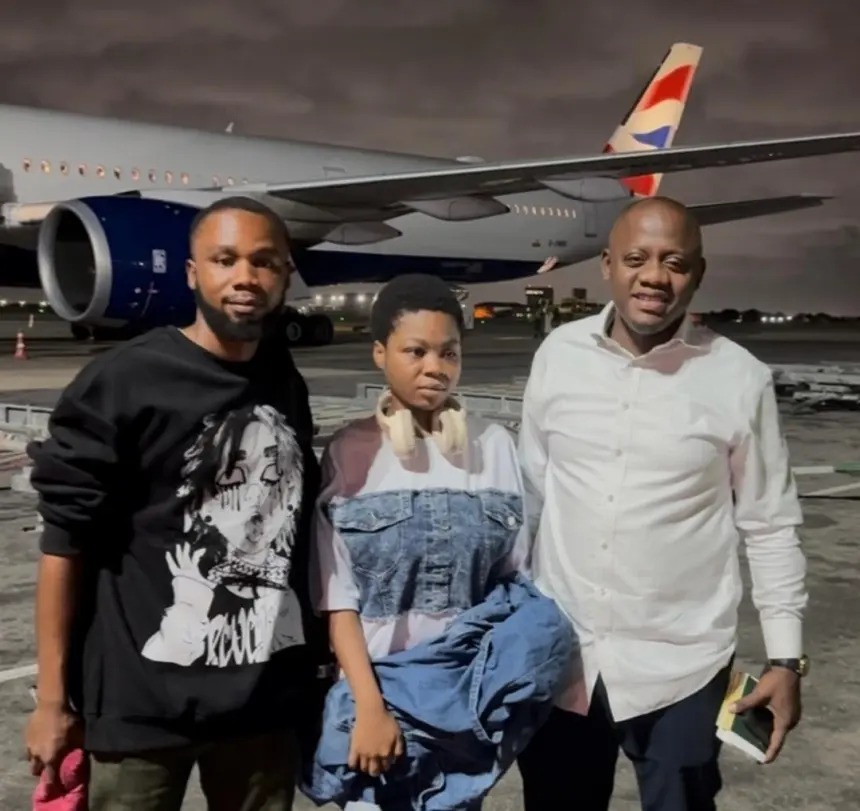Lawyer J. K. Ampah may have died because he was being pressurised to lie under oath and his heart could not stand the pressure, and not because of any spell that ex-President Rawlings’ June 4th ‘Boom 4’ Speech may have cast on him, as is being spread in Government circles.
This is the inevitable conclusion that one comes to upon reading the pre-hearing statement of Mr. Ampah and also scrutinising the minutes and other internal correspondence of the National Reconciliation Commission which Ghana Palaver has had access to.
The late J. K. Ampah’s petition dated 10th September 2002, and signed by him, which was submitted twice because of postal difficulties, never mentioned ex-President Rawlings or any encounter with ex-President Rawlings. Indeed in the 21 years that the incident happened, the late Mr. Ampah had never mentioned the ex-President’s name.
However, it appears that on his arrival in Accra, somebody at the NRC, not necessarily “up there”, pressurised him to write an additional statement in which for the first time, he mentioned ex-President Rawlings as follows: “In support of my statement made to the Commission on 10th September 2002, I wish to state further that when I was beaten by the army officers on the night of 19th October, 1982, I was taken to meet former President Rawlings. What he told me was that why was I taken (sic) the gold to England when they need money to buy drugs for the hospitals. I was taken to meet Rawlings in the company of Messrs. Attiogbe and Baidoo”.
There is everything suspicious with the statement, which is published on this page. First, Mr. Ampah did not sign it; in fact, it is not signed at all, which is unusual for a lawyer. Second, the grammar does not suggest that a lawyer wrote it. Third, the handwriting identifying the statement as Mr. Ampah’s, also not signed, and is different from the handwriting of the statement itself. Fourth, if the statement were true, this would be the first time in the 21 years since the incident that Mr. Ampah was mentioning this fact.
That statement is dated 19/03/03. On that same date, an official of the NRC, in a handwriting that is remarkably similar to the one that confirmed the statement as Mr. Ampah’s, minuted to the Executive Secretary as follows: “The complainant has just returned from London. He says he will be available for the next two months or so and wants to know if he could be heard before he returns to London. Prez. Rawlings’ name came up in the statement”.
Submitted for your directives pls.”
Indeed, President Rawlings’ name had not come up in the statement. President Rawlings’ name had only come up in the unsigned, unauthenticated, unconfirmed further statement of the same day which it appeared Mr. Ampah had either been pressurised to write or had had written on his behalf.
In any case, what had Prez. Rawlings’ name coming up got to do with the complainant’s wanting to be heard whilst in Ghana, unless that was a signal to trigger off some action.
On 24/04/03, NRC Executive Secretary Dr. Kenneth Attafuah minuted to the Chairman of the NRC recommending that Mr. Ampah be heard, as he had to return to London by mid-June.
Mr. Ampah was duly booked to appear and did appear before the NRC on Thursday, June 5, 2003, at which hearing tragedy befell him and he collapsed and died.
Unfortunately, only Mr. Ampah could have revealed whether he was suffering from a crisis of conscience occasioned by the pressure on him to mention ex-President Rawlings, and whether that caused or could have caused or contributing to causing his untimely death.
Alas, we shall never know.
Source: GhanaWeb

